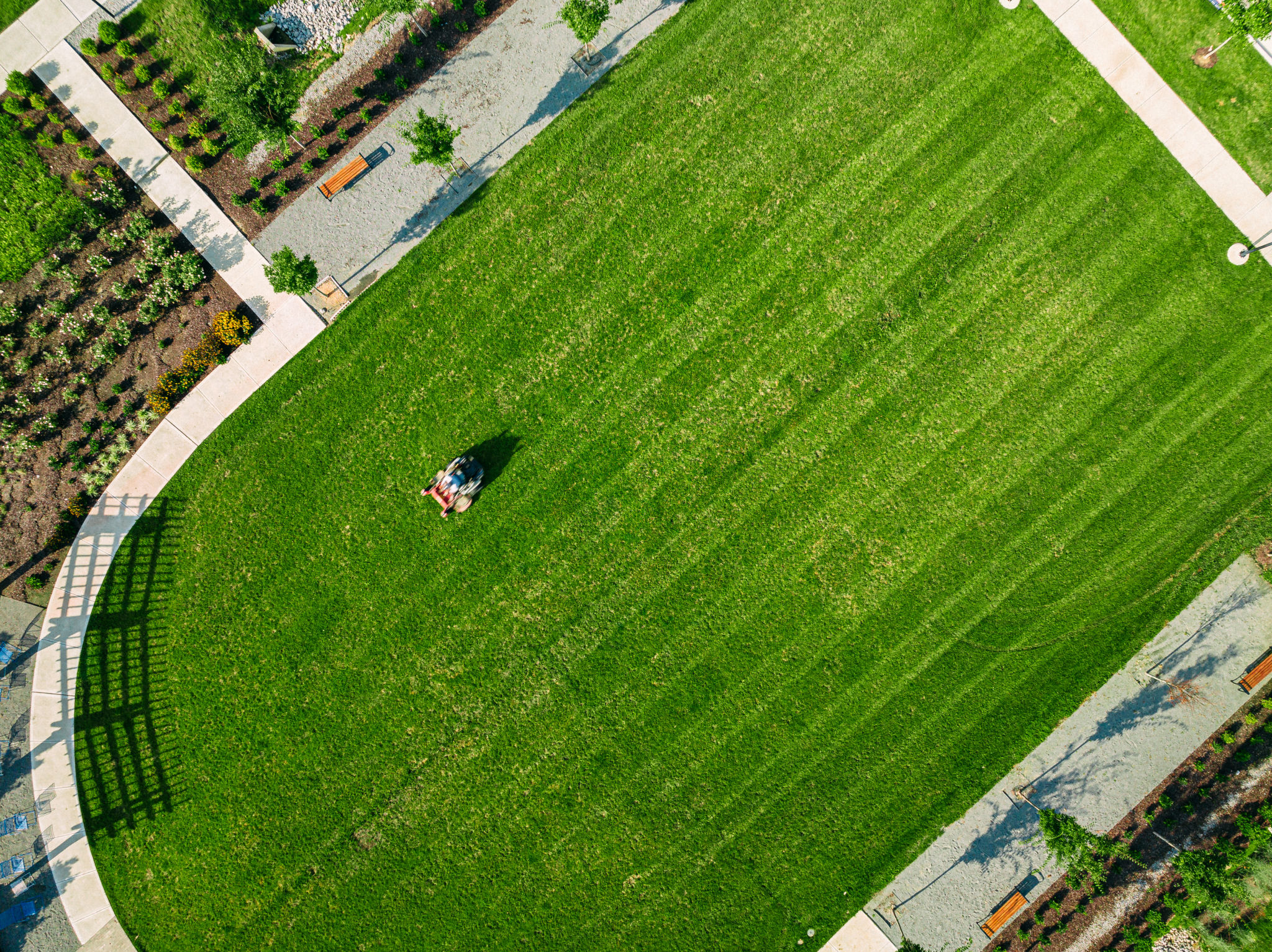Essential Bermuda Grass Care Tips from South Carolina Experts
Introduction to Bermuda Grass
Bermuda grass is a popular choice for lawns in South Carolina, known for its resilience and ability to thrive in warm climates. Its dense growth makes it ideal for creating lush, green landscapes that are both beautiful and functional. However, to keep your Bermuda grass looking its best, it requires proper care and maintenance.

Ideal Growing Conditions
Bermuda grass thrives in warm, sunny environments. It prefers temperatures between 75°F and 90°F and requires full sun to grow optimally. If you're planning to plant Bermuda grass, make sure your lawn receives at least 6 to 8 hours of direct sunlight daily. Shaded areas are not suitable for this type of grass.
Soil quality is another crucial factor. Bermuda grass grows best in well-draining soil with a pH level between 5.8 and 7.0. Conduct a soil test to determine if your soil meets these requirements, and amend it as necessary with lime or sulfur to adjust the pH level.
Watering Techniques
Proper watering is essential for healthy Bermuda grass. It's crucial to strike the right balance; too little water can cause the grass to dry out, while too much can lead to fungal diseases. Generally, Bermuda grass requires about 1 to 1.5 inches of water per week, including rainfall.

Water deeply but infrequently to encourage deep root growth. Early morning is the best time to water your lawn, as this allows excess moisture to evaporate during the day, reducing the risk of disease.
Mowing Practices
Mowing is an essential part of Bermuda grass care. This type of grass grows rapidly during the warm season and requires frequent mowing to maintain its health and appearance. Set your mower blades to a height of 1 to 1.5 inches for optimal growth.
Avoid cutting more than one-third of the grass height at a time, as this can stress the plant. Additionally, ensure your mower blades are sharp to prevent tearing the grass blades, which can make your lawn susceptible to disease.

Fertilization
To maintain a vibrant and healthy lawn, Bermuda grass needs regular fertilization. Use a high-nitrogen fertilizer during the growing season, typically from late spring to early fall. Apply fertilizer every 4-6 weeks, following the manufacturer's instructions.
Avoid over-fertilizing, as this can lead to excessive growth and increased susceptibility to pests and diseases. Organic options like compost can also be beneficial for improving soil health and providing nutrients.
Pest and Disease Management
Bermuda grass is relatively resistant to pests and diseases, but it's not immune. Common issues include armyworms, grubs, and fungal diseases like dollar spot. Regular monitoring and early intervention are crucial for effective management.
If you notice signs of pest infestation or disease, consider using environmentally friendly treatments or consulting with local experts who can provide guidance tailored to your specific situation.
Conclusion
Caring for Bermuda grass requires attention to detail and a commitment to regular maintenance. By following these essential tips from South Carolina experts, you can enjoy a lush, green lawn that enhances the beauty of your outdoor space. Remember that each lawn is unique, so adapt these guidelines to suit your specific environment and conditions.